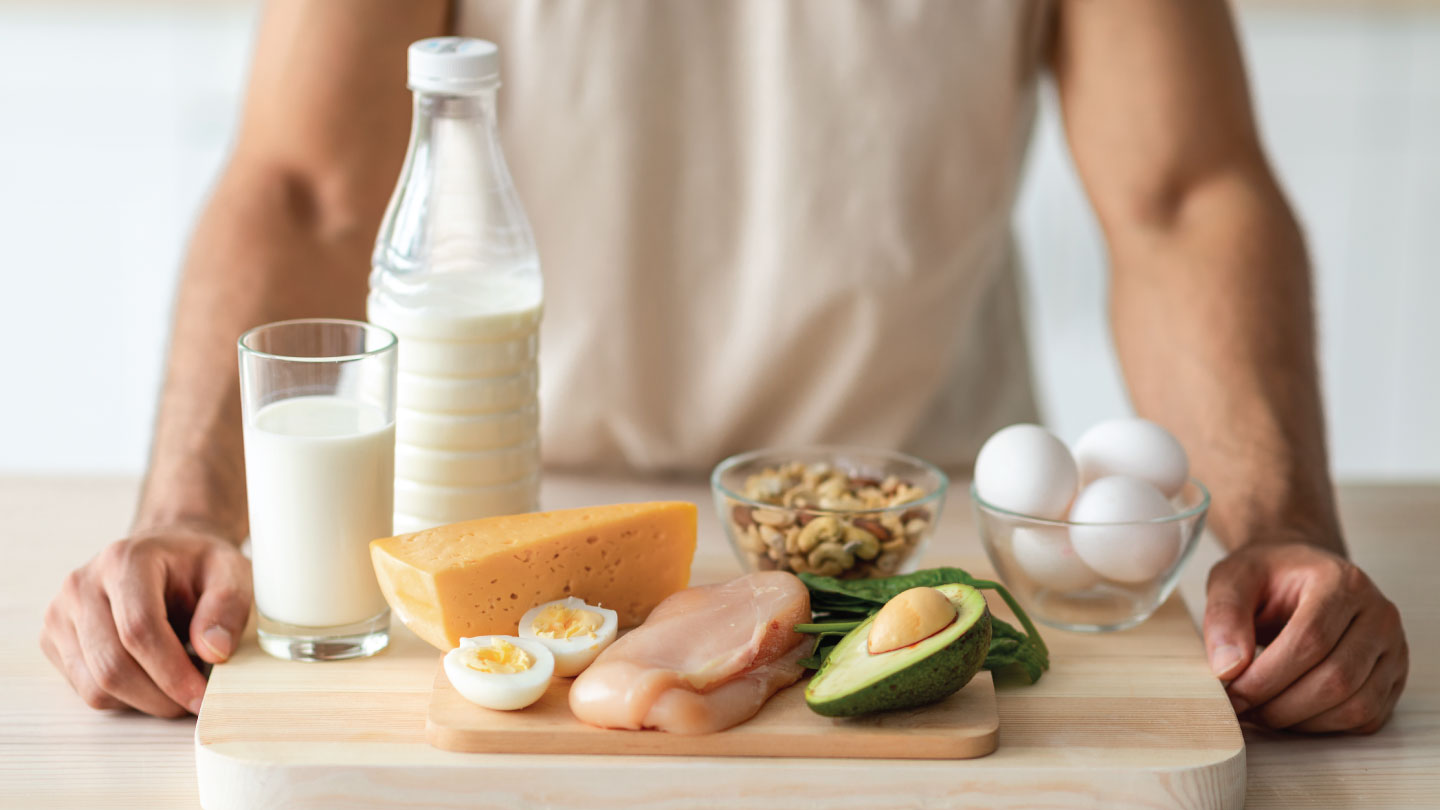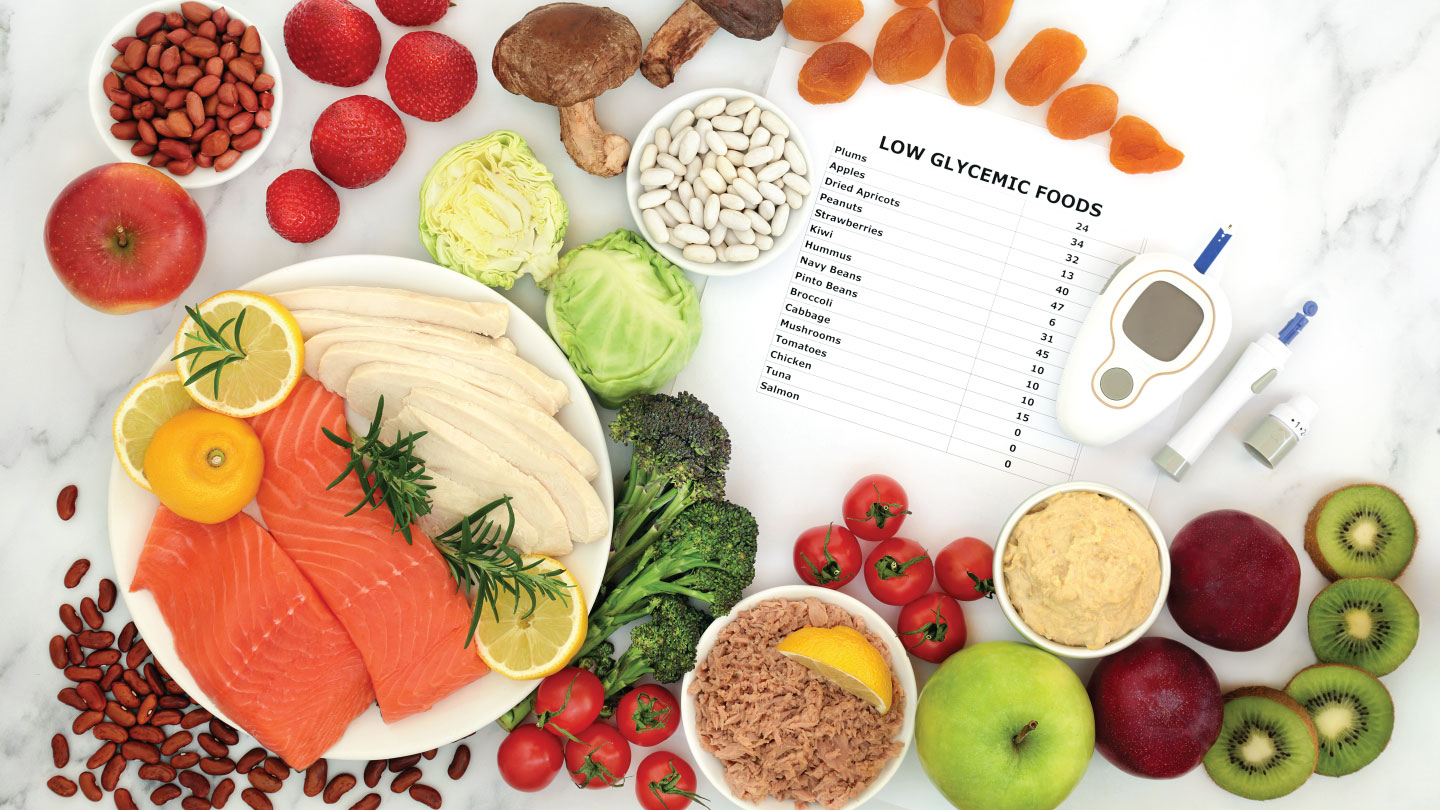Nutrition
Lean, Strong, and Energised: The Real Benefits of a High-Protein, Low-Calorie Diet
More protein, fewer calories. Try this smart formula for losing weight and building strength.

1. Protein boosts satiety and helps control appetite
One of the biggest challenges in weight management is constant hunger. Protein-rich foods such as lean meats, eggs, lentils, and Greek yoghurt help increase satiety hormones (like peptide YY and GLP-1) while reducing the hunger hormone ghrelin. This means you stay full for longer and naturally eat fewer calories without feeling deprived, a key reason high-protein diets aid sustainable weight loss.
Related Story: A Nutritionist's Guide To Eggless, High Protein Breakfast Ideas
2. Protein has a higher thermic effect, so you burn more calories digesting it
Here’s an underrated fact: not all calories are processed equally. The thermic effect of food (TEF), or how much energy your body uses to digest food, is highest for protein. While carbs and fats use around 5–10 per cent of their calories for digestion, protein can use up to 20–30 per cent. So when you consume 100 calories from protein, your body burns about 20–30 of them just by processing it. That’s why high-protein diets naturally boost metabolism and improve calorie efficiency.
3. Preserve lean muscle mass during weight loss with protein
When you lose weight through calorie restriction alone, you risk losing muscle along with fat. Protein prevents this by providing amino acids that protect and repair lean tissue. More muscle means a higher resting metabolic rate, allowing your body to burn more calories even when you’re not exercising. This helps maintain long-term results, rather than experiencing a quick rebound in weight gain.
4. Experience more stable blood sugar with protein
Protein slows the absorption of carbohydrates, leading to a more stable blood sugar response after meals. This helps reduce energy crashes, fatigue, and sugar cravings, a major plus for those with insulin resistance or type 2 diabetes. Pairing carbs with protein-rich foods like eggs, tofu, or yoghurt can improve glycaemic control and reduce post-meal glucose spikes.
5. Accelerate fat loss while maintaining metabolic flexibility
High-protein diets don’t just cut weight; they shift your body’s metabolism towards fat oxidation (burning fat for fuel). When paired with a low-calorie approach, your body taps into stored fat for energy without compromising essential nutrient intake. The result? More efficient fat loss, less fatigue, and a leaner, more toned body composition.
Related Story: 3 Advantages of Consuming Protein First in Every Meal
6. Protein is a must for workout recovery and better performance
Protein intake isn’t just about building muscle; it enhances post-exercise recovery, reducing soreness and muscle breakdown. This becomes especially important when on a calorie-deficient diet, as protein helps your body repair tissue and bounce back faster. For active individuals, combining adequate protein with strength training leads to visible improvements in tone, stamina, and metabolism.
7. Enjoy better skin, hair, and hormonal balance with protein
Protein is the building block of collagen, keratin, and enzymes that keep your skin, hair, and hormones in balance. When you reduce calories but maintain a high protein intake, your body still gets the raw materials it needs for repair and renewal, keeping your appearance healthy and your metabolism functioning efficiently.
8. Protein makes calorie restriction healthier and sustainable
A high-protein, low-calorie diet is easier to stick with than traditional low-fat or low-carb diets because you don’t constantly feel deprived. Protein slows digestion, stabilises energy, and helps prevent emotional eating triggers. This makes it a practical long-term approach for weight loss and metabolic health rather than a temporary fix.
Related Story: Mistakes That Are Slowing Your Weight Loss Goals
A high-protein, low-calorie diet works because it aligns with how your body naturally manages energy, hunger, and muscle. It’s not about eating less — it’s about eating smart to build resilience from within. Our experts can help you design a personalised high-protein meal plan that suits your body type, goals, and lifestyle.
From curated recipes to one-on-one consultations, we guide you towards a stronger, healthier you. Book your expert diet consultation today.
EXPLORE MORE
Bright, earthy, and naturally prebiotic-rich, this beetroot salad is a refreshing gut-friendly bowl that supports digestion, boosts good bacteria, and adds colour to your everyday meals.
Struggling with sluggish digestion? Here are natural, everyday foods that help get your bowel movements back on track.
From portion control to low-GI swaps, here are seven powerful eating habits that protect you from progressing to type 2 diabetes.
Rustic, bright, and full of fire-roasted flavour, this simple Bihari-style chokha turns everyday tomatoes into a smoky, tangy, comforting side that lifts everything, from litti to dal-chawal.








.jpg)


.jpg)
